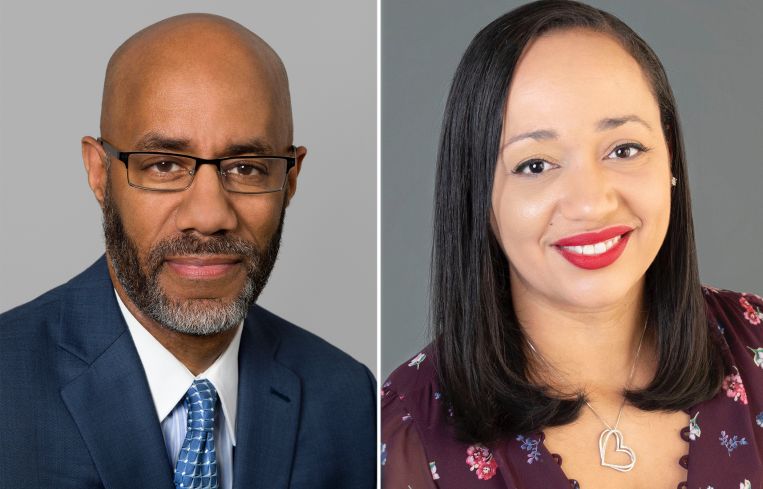CPC Supports BIPOC Entrepreneurs With $20M Funding Initiative

While we see broader racial representation today in some professional environments, commercial real estate remains a white male-dominated field, and accessing capital is often far from easy for minority developers. So, nonprofit affordable housing and community revitalization finance company the Community Preservation Corporation (CPC) came up with an initiative to solve that problem.
It launched ACCESS (Acquiring Capital and Capacity for Economic Stability and Sustainability) with the intention of empowering minority entrepreneurs who have disproportionately experienced historical barriers and implicit bias in financial lending. ACCESS provides those entrepreneurs with financial resources, capacity-building opportunities and technical assistance.
“I think the biggest challenge that BIPOC [or Black, Indigenous, and people of color] entrepreneurs continue to face is not having someone on the other side of the table that can really understand the challenges and be willing to help,” Lawrence Hammond, senior vice president at CPC and director of ACCESS. “They don’t have the family and friends network that oftentimes majority developers have.”
ACCESS includes $20 million in funding from CPC and has delivered millions of dollars in financing to BIPOC developers for multifamily projects across New York State, with a robust pipeline of projects currently under consideration.
In July 2021, CPC provided an $844,000 bridge loan through ACCESS to acquire 733 Portland Avenue, a 33-unit residential building in Rochester, N.Y. With the acquisition complete, two borrowers, Patricia Cruz-Irving and Paul Irving plan to extensively renovate the property and preserve it as a high-quality, affordable housing development for individuals and families.
In addition to providing the traditional loan support, ACCESS offers additional guidance and technical assistance to help ensure that minority developers succeed as they navigate their new endeavors. CPC will work with the borrowers to help them apply to the state’s affordable housing agency for funding to renovate the property.
“So, it’s not about throwing money at a problem and saying ‘good luck,” said Wilhelmena Norman, assistant vice president of CPC and manager of community impact for ACCESS. “It’s really about being intentional and saying, ‘what is it that we can do internally to help these developers? So what’s a way that we could enhance our product.”.
While several commercial real estate industry constituents have stepped up to further diversity, equity and inclusion initiatives, the needle has yet to move. In 2021, “just 5 percent of Urban Land Institute‘s members described themselves as Black or African-American,” the New York Times reported.
“Banking giants like Bank of America, Citigroup, JPMorgan Chase and Goldman Sachs, as well as smaller institutions, have announced initiatives totaling billions of dollars that are largely focused on communities and entrepreneurs of color,” the Times reported. “Some of the funding is earmarked for affordable housing and commercial development in low-income communities.”
ACCESS wants to go further than traditional loan support instead planning to offer “guidance and technical assistance” designed to help minority developers “succeed,” according to a release. CPC will also help the borrowers apply to funding from the New York State Affordable Housing Corporation to help renovate the property, the release said.
“They have proven to be a formidable partner, they understand the business side, we understand the real estate side, and together we’re bringing some additional resources to emerging developers,” Hammond said.
“Closing away the racial wealth gap is now an important meta goal for us and encompasses not just ACCESS as an initiative, but also ACCESS as a way that the entire company galvanizes itself around equity and inclusion and diversity,” Hammond said.
What sets this program apart is that it thoughtfully brings the technical tools and support minority New Yorkers need to break into the white-dominated world of real estate.
“We educate, advocate, innovate and invest,” Norman said. “That’s the sum of it all and the only way that you are going to get to everything. And if there’s something else that we need to do, we’ll look at that too. We’re constantly evolving, and that right there is what’s going to elevate and help us achieve our goal.”
Update: This story originally misattributed source material. This has been corrected. We apologize for the error.
Emily Fu can be reached at efu@commercialobserver.com.



